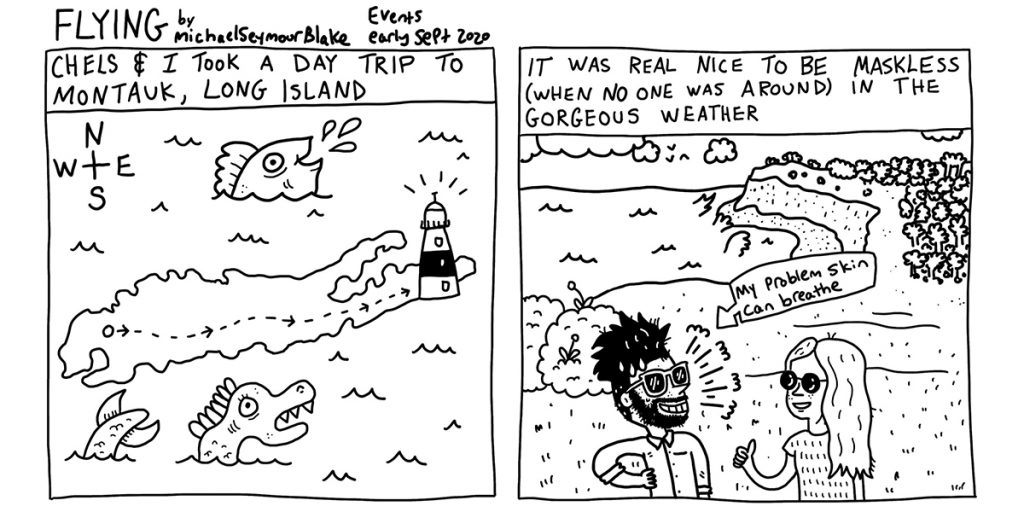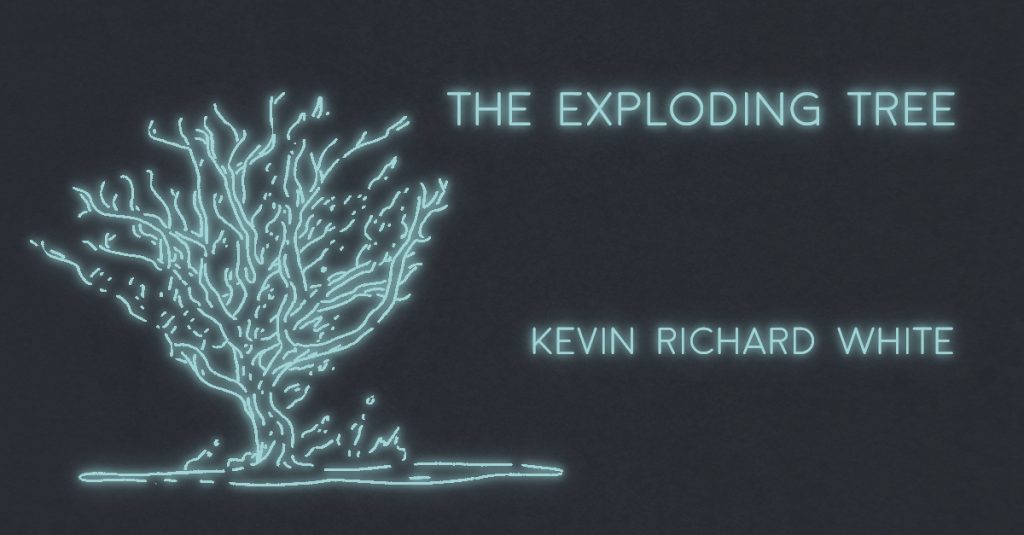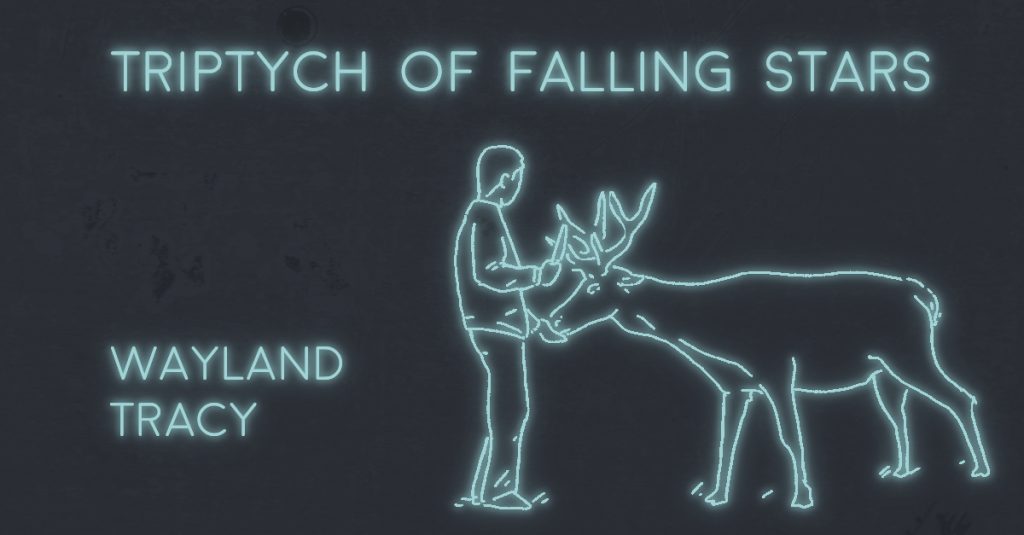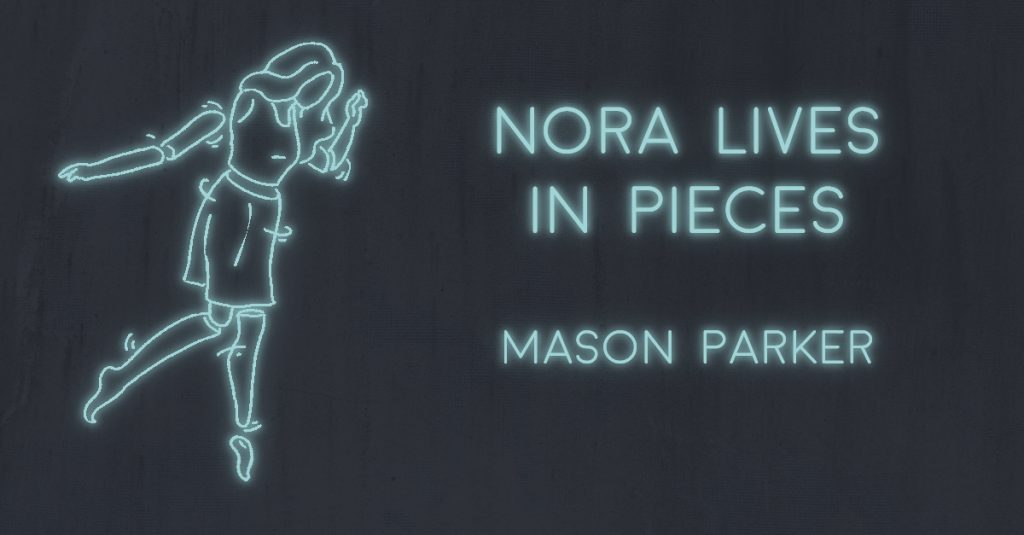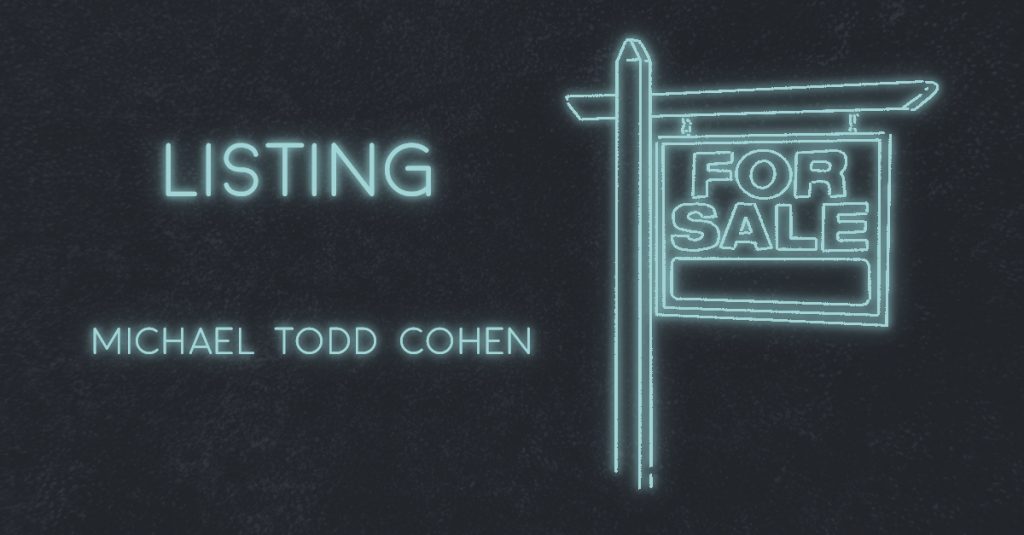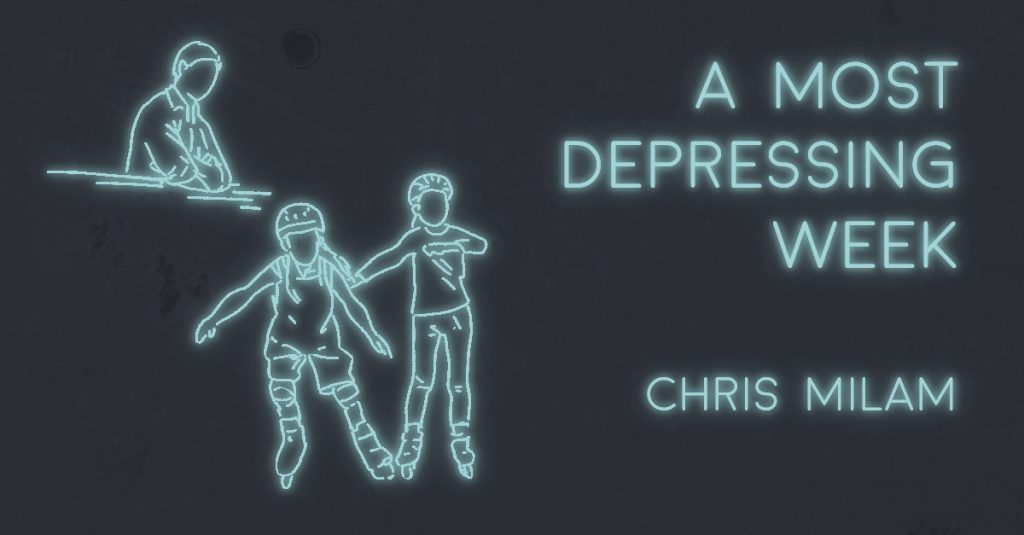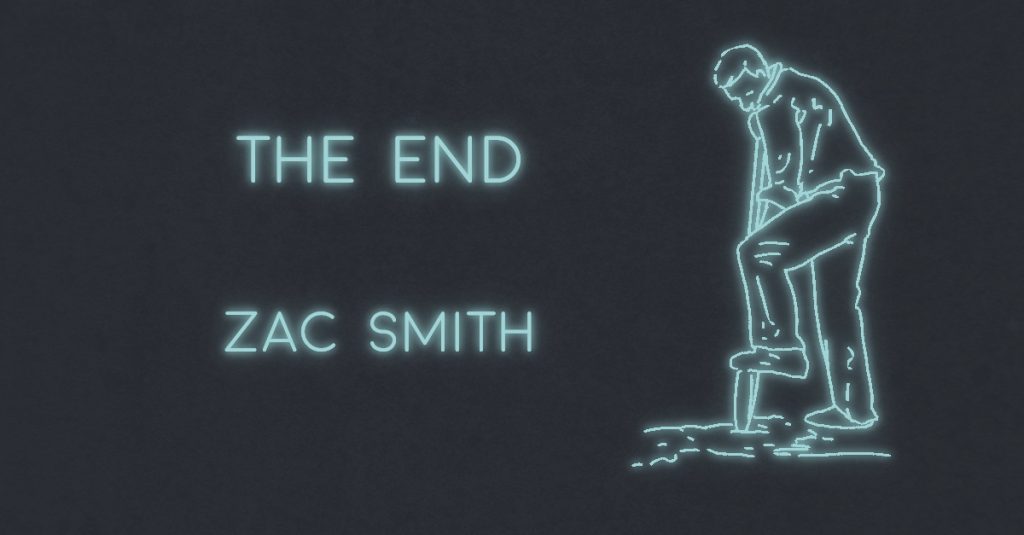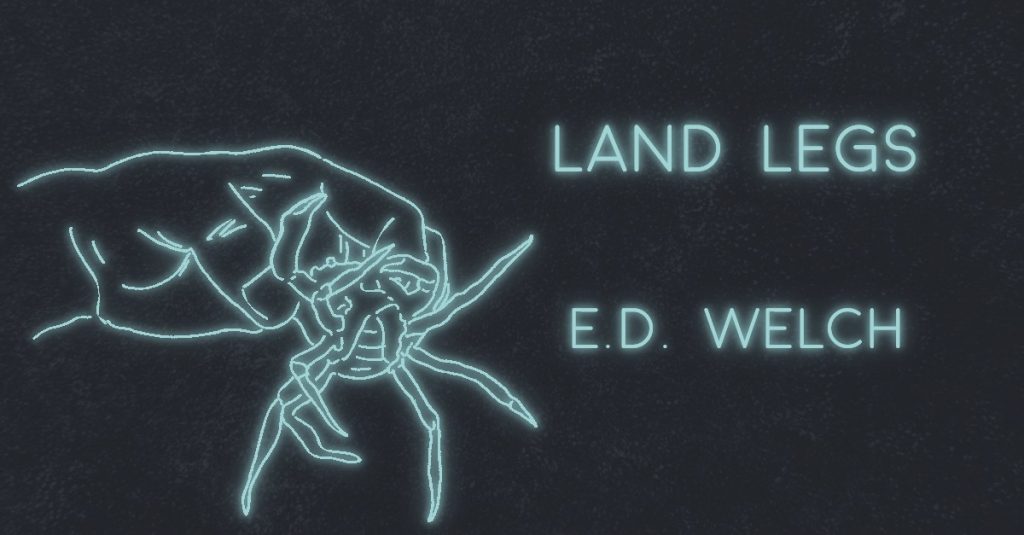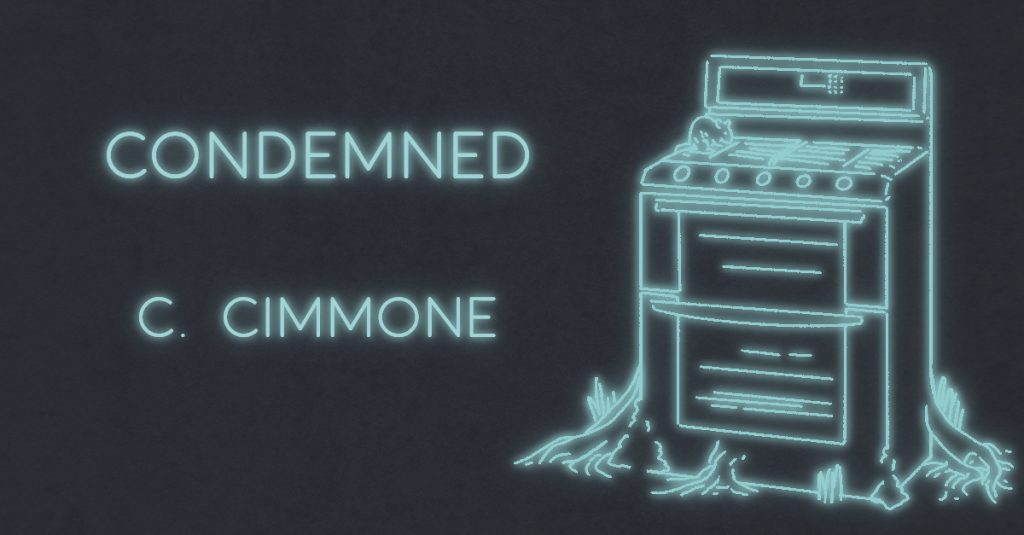
CONDEMNED by C. Cimmone
My mother smoked her favorite cigarettes in the kitchen. Smoke billowed out into the living room and crept down the halls. A small television muffled the evening news as the three of us chewed away at overdone meat. Splatters of hot bacon grease slid down our throats as my father hurried through tough threads of roast. He ran the tractor after supper; and my mother splashed hot water around in the sink as she yelled at me for not finishing the black-eyed peas. “Black eyed peas are good luck,” she’d belt. Holiday evenings were much the same. “Too much sage…

